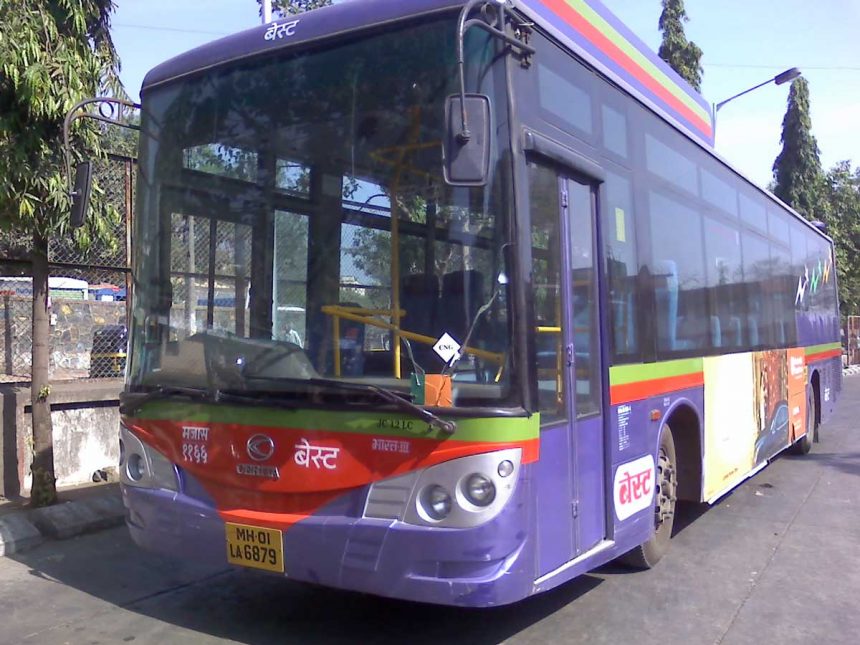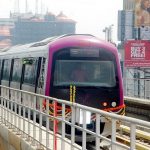The Union Cabinet has given the green light to the “PM-eBus Sewa” initiative, a substantial step towards bolstering sustainable urban transport and economic growth. This program involves the deployment of 10,000 electric buses (e-buses) across India, with a budget of ₹576.13 billion ($6.9 billion). Targeting cities with a population of 300,000 and above according to the 2011 census, along with union territory capitals, the northeastern region, and hilly states, the PM-eBus Sewa program aims to provide e-bus services to locations currently lacking such infrastructure. This expansion into underserved areas intends to bridge the urban-rural mobility gap, improve connectivity, and enhance accessibility for all residents.
Anticipated to generate between 45,000 to 55,000 direct jobs in city bus operations.
This program aligns with intending to accelerate e-mobility adoption and promote cleaner urban transportation. The initiative anticipates reduced noise and air pollution, as well as decreased carbon emissions. Further cost reduction is projected through an efficient EV supply chain and aggregated procurement, boosting e-bus adoption.
The second phase of the Faster Adoption and Manufacturing of Hybrid and Electric Vehicles (FAME) program, equipped with a ₹55 billion ($665.42 million) subsidy fund, also contributes to the electric mobility drive. The ongoing FAME II program, valid until 2024, extends subsidies to various electric vehicle types.








